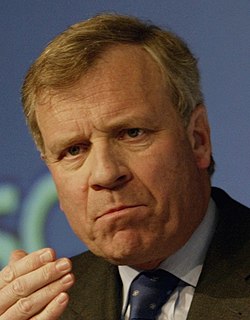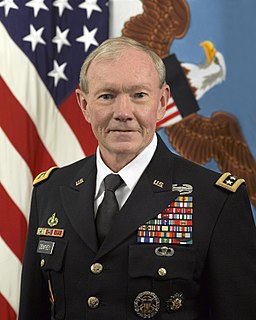A Quote by Jimmy Carter
One of the most basic principles for making and keeping peace within and between nations. . . is that in political, military, moral, and spiritual confrontations, there should be an honest attempt at the reconciliation of differences before resorting to combat
Related Quotes
The attack upon Korea was an outright breach of the peace and a violation of the Charter of the United Nations. By their actions in Korea, Communist leaders have demonstrated their contempt for the basic moral principles on which the United Nations is founded. This is a direct challenge to the efforts of the free nations to build the kind of world in which men can live in freedom and peace.
If civilization is to survive, the principles of the Prince of Peace must be restored. Shattered trust between nations must be revived. Most important of all, the will for peace on the part of peace-loving nations must express itself to the end that nations that may be tempted to violate their agreements and the rights of others will desist from such a cause. There must be positive endeavors to preserve peace. America hates war. America hopes for peace. Therefore, America actively engages in the search for peace.
What the world needs today is a definite, spiritual mobilization of the nations who believe in God against this tide of Red agnosticism. It needs a moral mobilization against the hideous ideas of the police state and human slavery. I suggest that the United Nations should be reorganized without the Communist nations in it. It is a proposal based solely upon moral, spiritual and defense foundations. It is a proposal to redeem the concept of the United Nations to the high purpose for which it was created. It is a proposal for moral and spiritual cooperation of God-fearing free nations. And in rejecting an atheistic other world, I am confident that the Almighty God will be with us.
Shared Sino-American global security goals would not mean that one partner dictates to the other. U.S.-PRC differences will persist, and on the Asian regional level they can even be a source of mutual irritation. Nor should it mean that we ignore the basic differences between our political systems and values.
Unless we realize that the essence of Nazism is also an attempt to solve a universal problem of Western civilization - that of the industrial society - and that the basic principles on which the Nazis base this attempt are also in no way confined to Germany, we do not know what we fight for or what we fight against... The war is being fought for the structure of industrial society - its basic principles, its purposes, and its institutions.
Political realism is aware of the moral significance of political action. It is also aware of the ineluctable tension between the moral command and the requirements of successful political action. And it is unwilling to gloss over and obliterate that tension and thus to obfuscate both the moral and the political issue by making it appear as though the stark facts of politics were morally more satisfying than they actually are, and the moral law less exacting than it actually is.


































